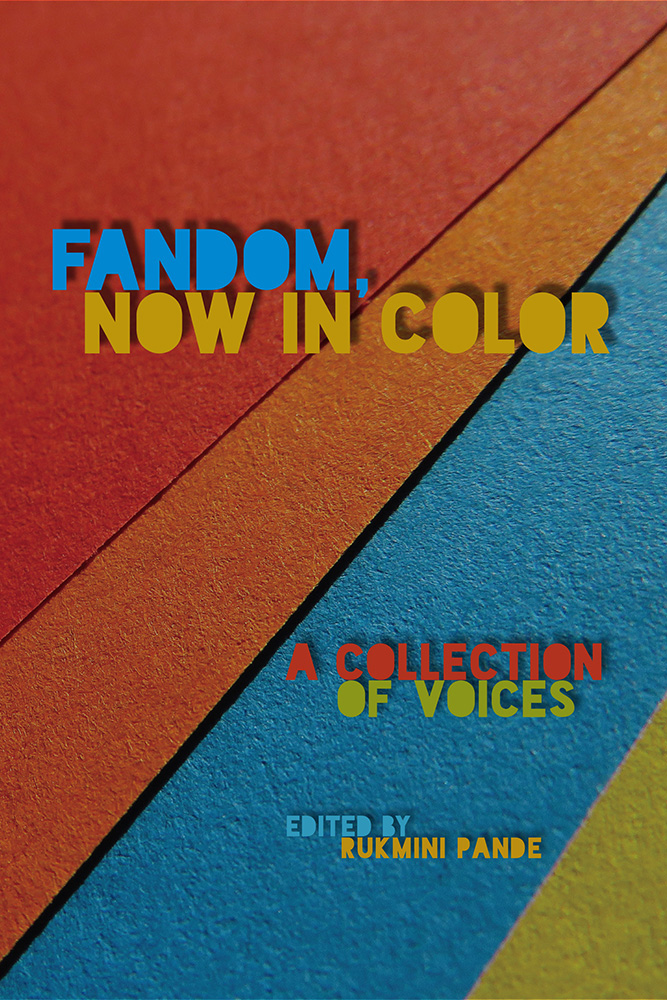What do you think?
Rate this book


272 pages, Paperback
Published December 15, 2020
Fandom is not isolated from the world and therefore should not be immune to the same ethical and moral scrutiny applied to all other aspects of daily life.
When women do appear (in male/male fiction), they tend to be persistently devalued or outright villainized to prop up the male/male pairing, particularly when these characters are women of color.
(p.s I tweeted about this, and got replies back from both Samira Nadkarni and Rukmini Pande, which definitely made me fangirl) (Yes, I know it's on the nose to use the word fangirl but that's what I did, sooo)
Fans of color often must choose between participating in an assumedly universal joy or outrage over certain characters or pairings or risk being labeled as people who bring drama into fandom spaces, harsh people's squee, or seek to impose purity tests on fannish behavior
Many fans from nonanglophone countries see communicating in English on social media, as well as consuming fan products in English, as a way of belonging to the wider fan community. Yet assuming that nonanglophone communities are nonexistent, unimportant and peripheral means misinterpreting and overlooking the very nature of transnational fandom